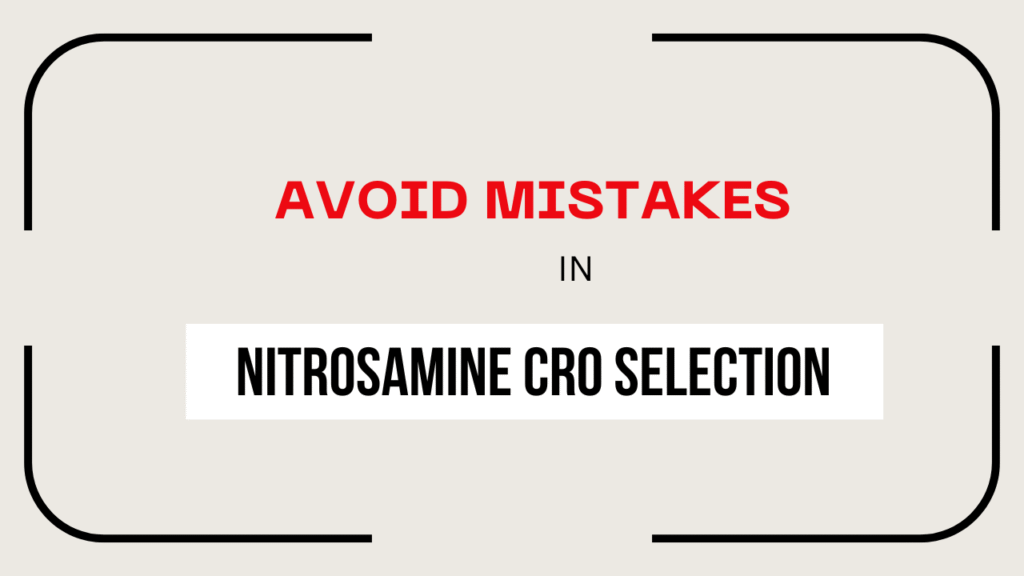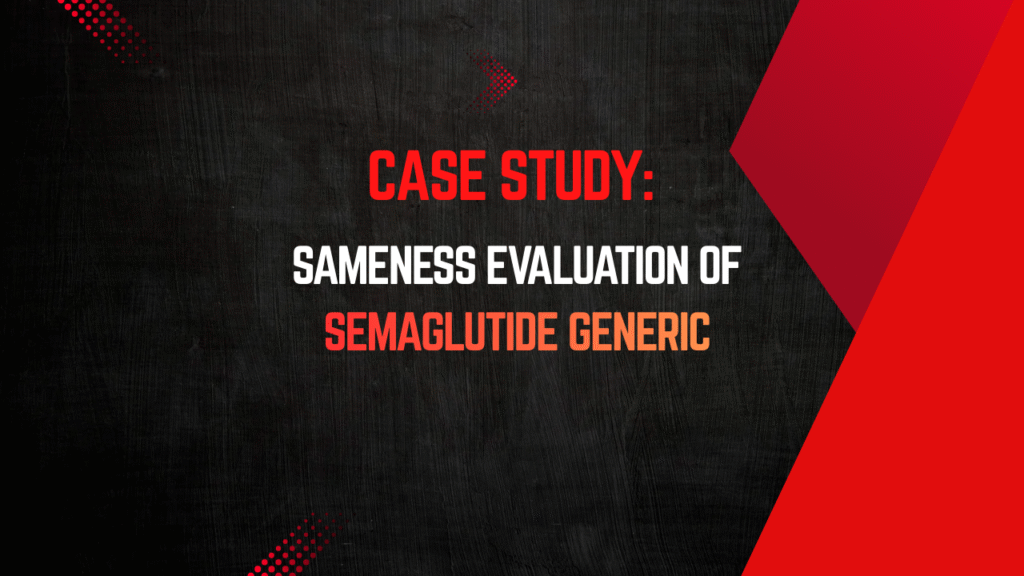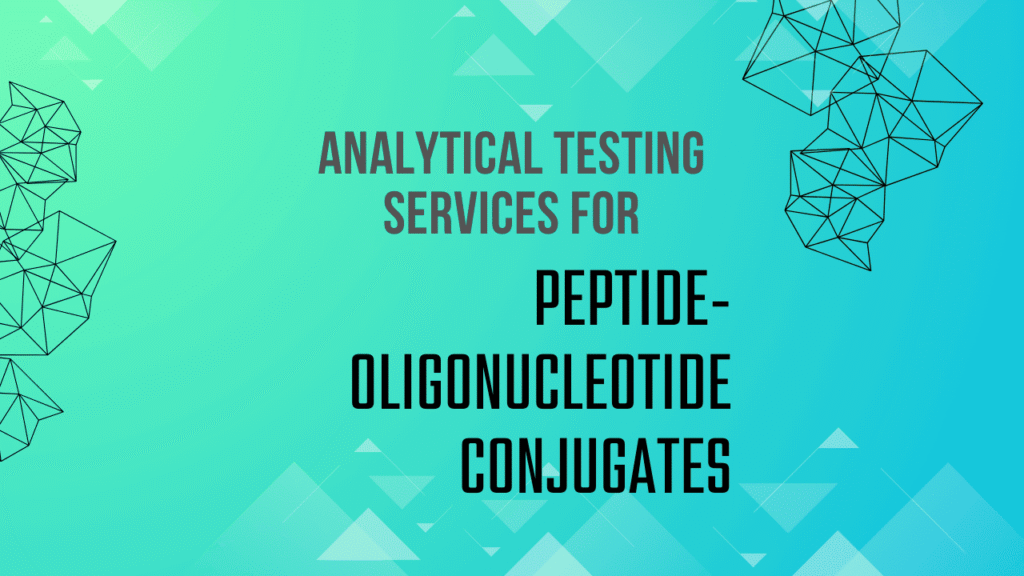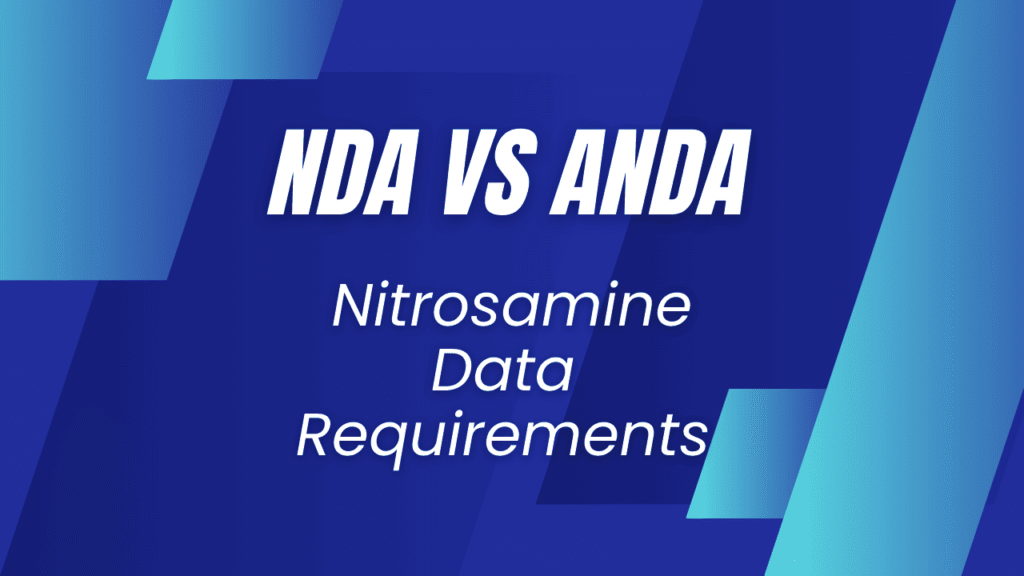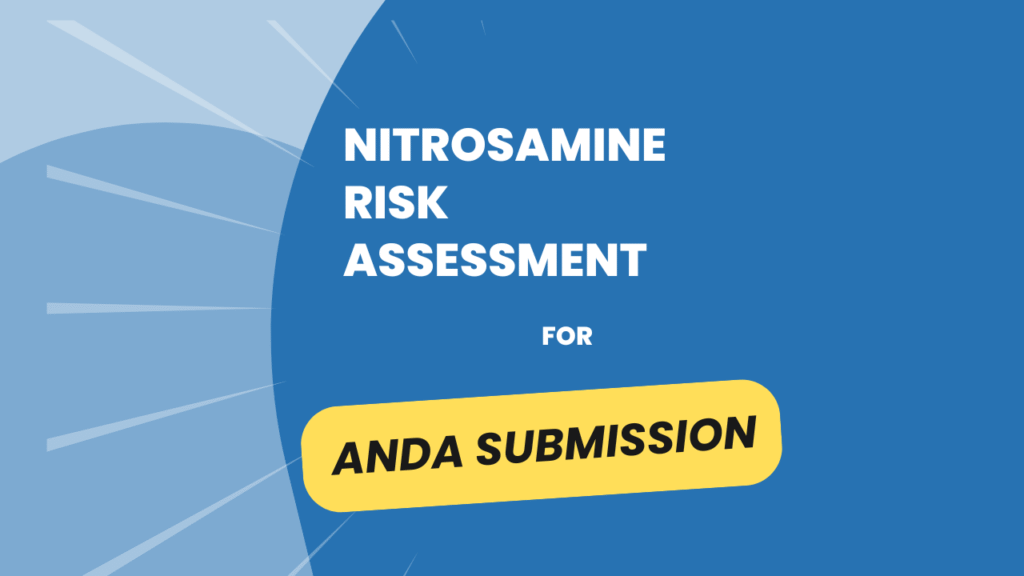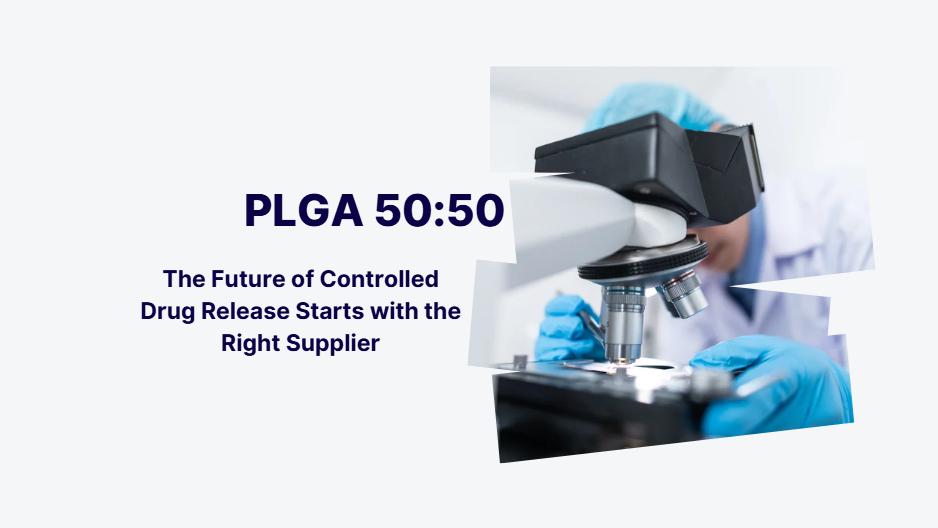
Poly(D L-lactide-co-glycolide) (PLGA) 50:50 is a widely used biodegradable polymer in pharmaceutical and biomedical applications. This copolymer plays a crucial role in controlled drug delivery, medical implants, and tissue engineering due to its tunable degradation rate and excellent biocompatibility. However, sourcing high-quality PLGA 50:50 is essential for ensuring optimal performance in medical and research applications.
If you’re looking for a PLGA 50:50 supplier, understanding the key factors that determine reliability and quality is critical. This guide explores the essential criteria for selecting the best PLGA 50:50 supplier, including purity, customization options, regulatory compliance, and industry reputation.
Curious about other polymers used in drug delivery? Check this out – Introduction to Poly(β-amino esters): Structure and Properties
🎥 Watch the PLGA 50:50 Supplier Guide Explained in a Video
Why PLGA 50:50 is Essential in Drug Delivery and Medical Applications
PLGA 50:50 is a biodegradable copolymer composed of equal parts lactic acid and glycolic acid. This specific ratio offers:
- Controlled degradation rates, making it ideal for sustained drug release.
- High biocompatibility, ensuring safety in medical applications.
- Customizable molecular weights, which influence polymer behavior in specific applications.
- FDA and EMA approval, allowing use in drug formulations and biomedical devices.
Common applications of PLGA 50:50 include:
- Injectable drug delivery systems
- Microsphere formulations for sustained release
- Medical sutures and implants
- Tissue engineering scaffolds
Given its significance, selecting a reliable PLGA 50:50 supplier is crucial to achieving high performance and regulatory compliance in your formulations.
See how deuterated polymers compare in pharma use – Deuterated Polymers: A Cornerstone Guide to Synthesis, Applications, and Future Trends
Key Factors to Consider When Choosing a PLGA 50:50 Supplier
1. Purity and Quality Standards
High-quality PLGA 50:50 must meet stringent purity and molecular weight standards to ensure performance and safety. Look for suppliers who provide:
- High-purity (>99%) PLGA with minimal residual monomers.
- Endotoxin-free production to prevent immune responses.
- Analytical data such as NMR, GPC, and DSC for polymer characterization.
See how AI is improving polymer quality testing – How AI Is Revolutionizing Custom Polymer Synthesis
2. Customization and Molecular Weight Variations
A reliable PLGA 50:50 supplier should offer tailor-made solutions based on your project’s requirements. Look for suppliers who provide:
- Custom molecular weights (low, medium, high) to optimize degradation rates.
- End-group modifications (acid or ester terminated) to influence polymer properties.
- Specific viscosity grades for injectable or implantable formulations.
Get small molecule insights for your custom needs – What is Custom Synthesis of Small Molecules? A Beginner’s Guide
3. Regulatory Compliance and Certifications
Since PLGA is widely used in pharmaceuticals and biomedical research, it must meet regulatory standards like:
- FDA (21 CFR 177.2420) and EMA approvals for human use.
- ISO 13485 certification for medical-grade polymers.
- Good Manufacturing Practice (GMP) compliance for pharmaceutical applications.
Suppliers who provide certificates of analysis (CoA) and regulatory support ensure that your products meet global compliance requirements.
Regulatory support starts here, see how we help – Why Custom API Synthesis is Essential for Generic and Specialty Pharmaceuticals
4. Scalability and Production Capacity
For commercial applications, supplier scalability is critical. A good supplier should provide:
- Consistent batch-to-batch quality for reproducible results.
- Bulk supply capabilities for clinical trials and commercial manufacturing.
- Reliable lead times to prevent project delays.
Explore our synthesis facility in Montreal, Custom Synthesis in Montreal: Industries We Serve
5. Technical Support and Research Collaboration
Choosing a PLGA 50:50 supplier that offers technical expertise can enhance your project’s success. Look for:
- Polymer specialists who can assist in material selection.
- Custom synthesis services to develop specialized PLGA formulations.
- Collaboration opportunities for R&D partnerships.
See why polymer R&D matters now more than ever, The Importance of Polymer Synthesis in Modern Science and Technology
Top PLGA 50:50 Suppliers in Canada
Several companies specialize in providing high-quality PLGA 50:50 in Canada. Consider the following leading suppliers:
- ResolveMass Laboratories Inc.
- Custom synthesis and GMP-certified PLGA production
- Extensive molecular weight options
- Regulatory documentation support
- Sigma-Aldrich (Merck KGaA)
- Research-grade and GMP-compliant polymers
- Global supply chain with quality control
- Evonik Industries (Resomer® Range)
- Pharmaceutical-grade PLGA with controlled properties
- Technical support for formulation development
Each of these PLGA 50:50 suppliers offers unique strengths, so evaluate them based on your specific project needs.
Looking for Canadian polymer suppliers? Start here – Custom Synthesis in Canada for Pharmaceutical Research and Development
REFERENCES
- Hausberger AC. Characterization of factors affecting in vitro degradation of poly (D, L-lactide-co-glycolide) for drug delivery. University of Kentucky; 1993.
- Vey E. In Vitro Degradation of Poly (lactic-co-glycolic Acid) Copolymers. The University of Manchester (United Kingdom); 2007.
- Avgoustakis K. Polylactic-co-glycolic acid (PLGA). Encyclopedia of biomaterials and biomedical engineering. 2005;1(1):1-1.
LET’S CONNECT
ResolveMass Laboratories Inc. is a trusted leader in custom PLGA synthesis, offering high-quality, regulatory-compliant solutions for pharmaceutical and biomedical industries. For inquiries about our custom PLGA formulations and synthesis services
Case Study: Root Cause Investigation of Unexpected NDMA Spike in Finished Product
Introduction In this NDMA Root Cause Investigation Case Study, we examine a real-world scenario involving…
Selecting the Right Nitrosamine Testing CRO: A Technical Due Diligence Checklist
Introduction Nitrosamine Testing CRO Selection requires detailed scientific evaluation and regulatory awareness. Global authorities continue…
Case Study: Sameness Evaluation of Semaglutide Generic project submission to Health Canada
Introduction: Semaglutide Sameness Evaluation for Health Canada is a scientifically rigorous analytical process required to…
Analytical Testing Services for Peptide-Oligonucleotide Conjugates
Introduction: Why Specialized Peptide Oligonucleotide Conjugate Analysis Is Essential Peptide Oligonucleotide Conjugate Analysis is critical…
NDA vs ANDA Nitrosamine Data Requirements: What Sponsors Must Submit
Introduction: The global pharmaceutical industry is facing strict regulatory control for mutagenic impurities, especially nitrosamines….
How to Prepare a Complete Nitrosamine Risk Assessment Report for ANDA Submission
Introduction A comprehensive Nitrosamine Risk Assessment for ANDA Submission requires a structured and scientific evaluation…

